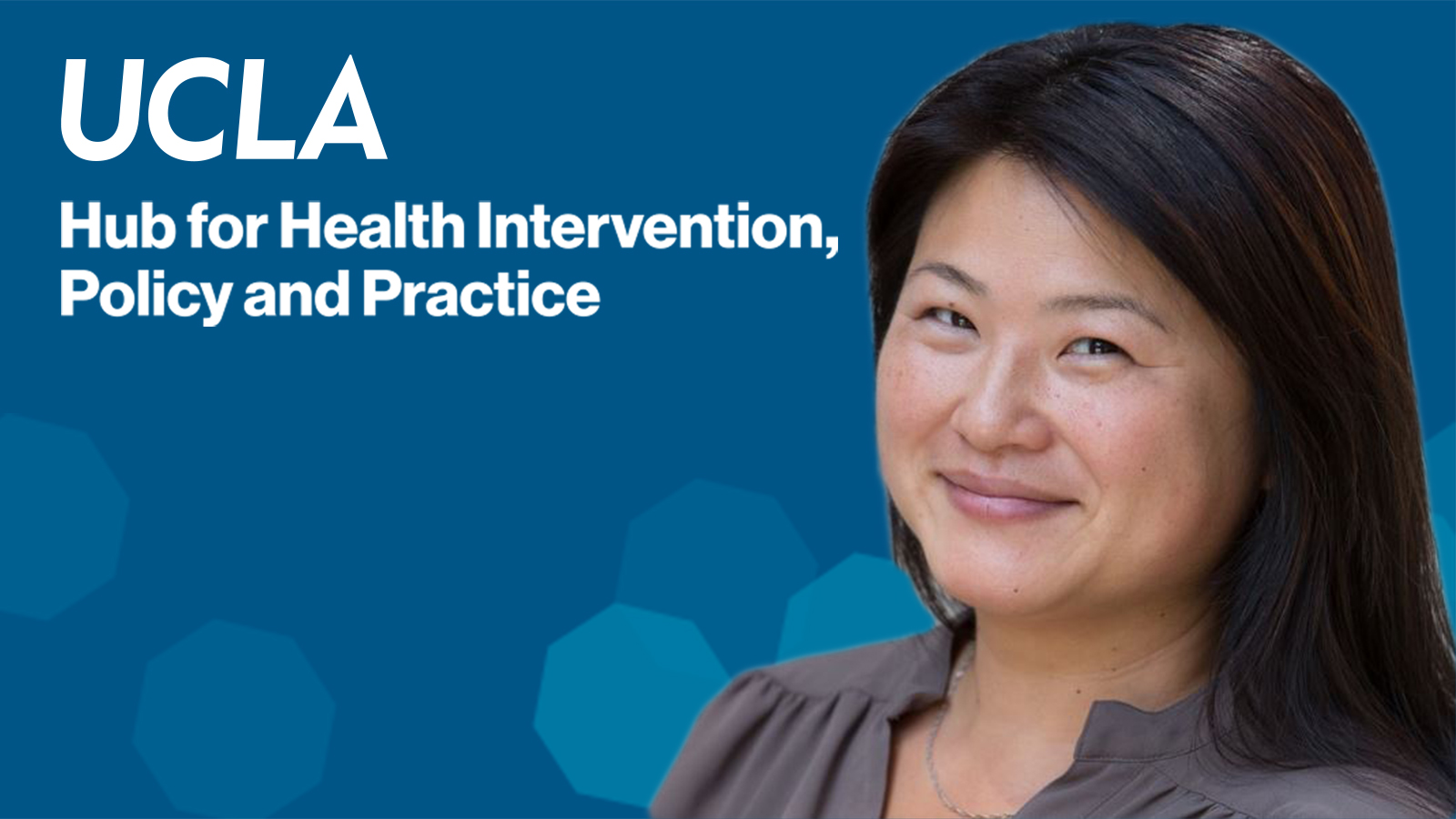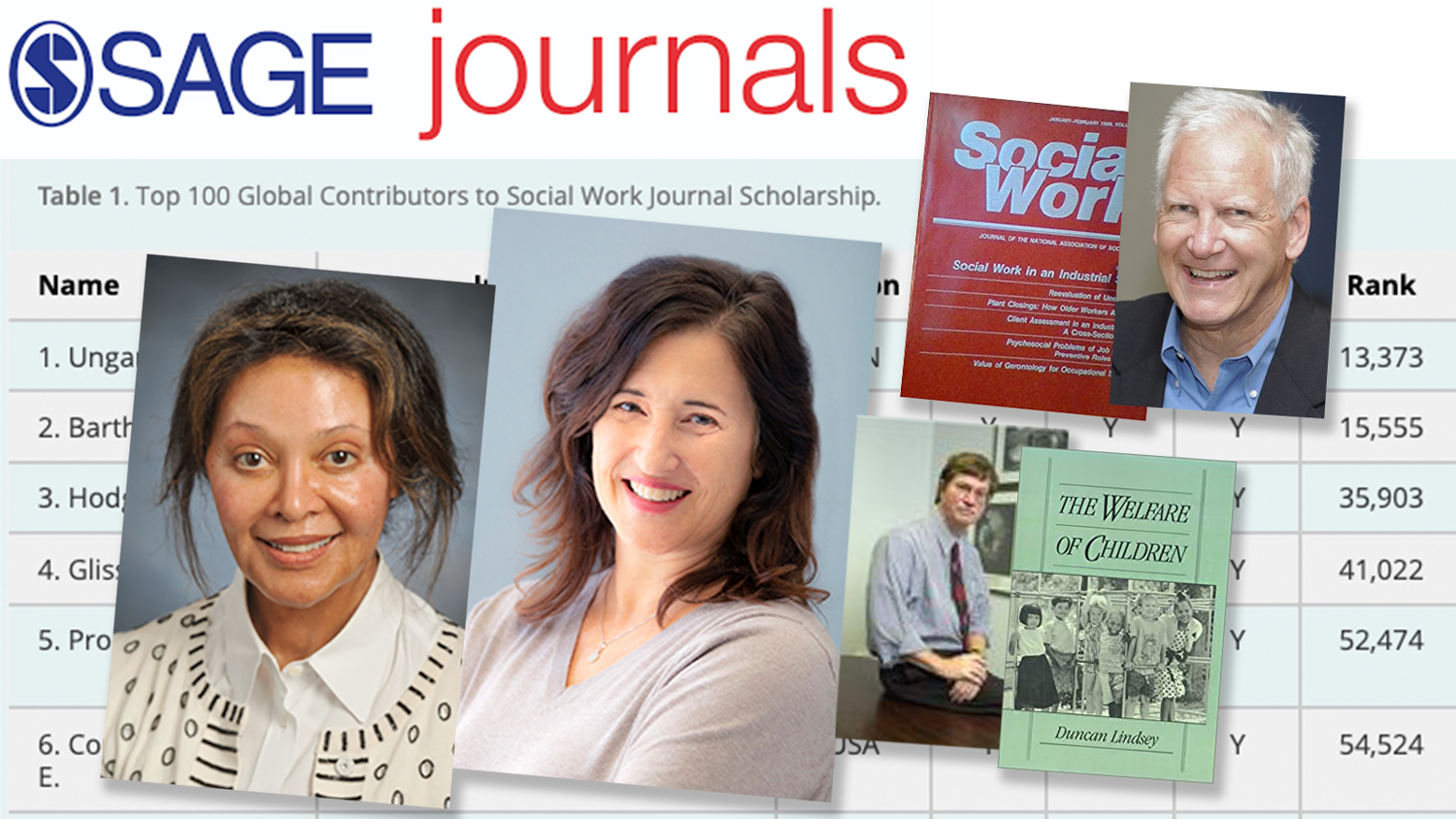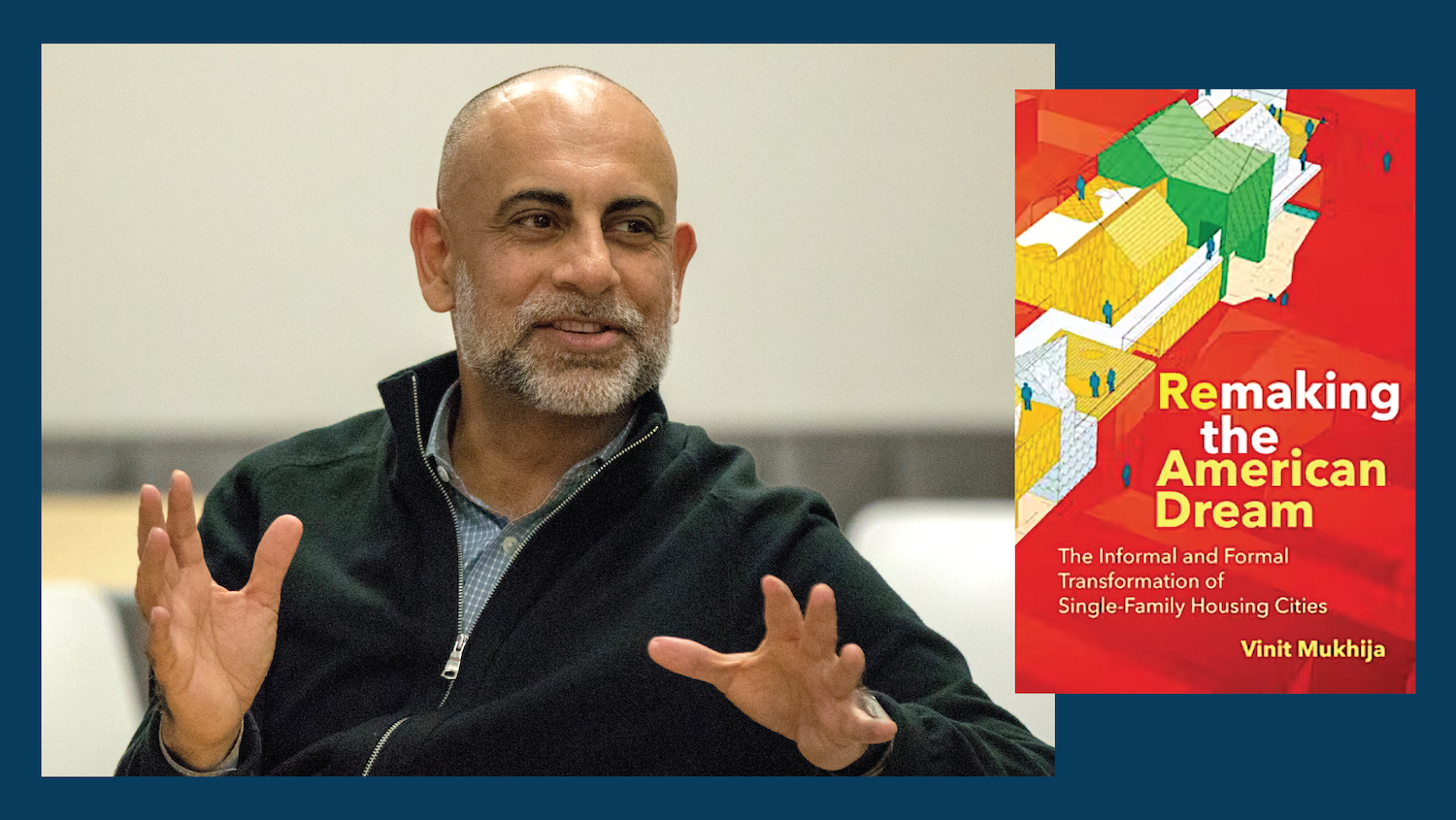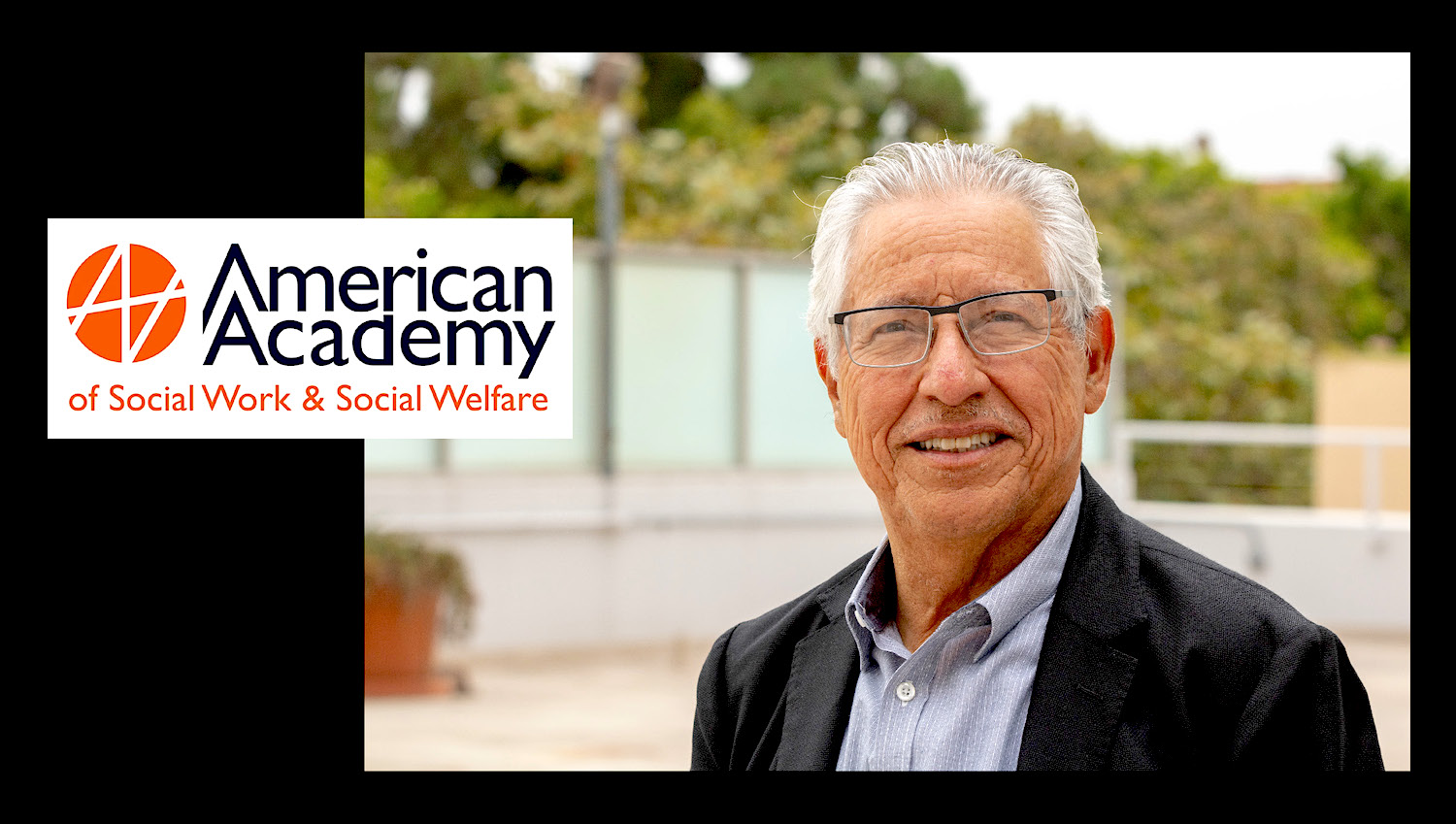Exploring Impact of COVID-19 on Urban Mobility
In her introduction to a new book, Anastasia Loukaitou-Sideris writes, “The COVID-19 pandemic brought urban life all over the world to a standstill, it dramatically affected mobility and had ripple effects on the economy, environment and safety of urban areas. But not all residents were affected equally.” Loukaitou-Sideris, distinguished professor of urban planning and interim dean of the Luskin School, served as co-editor of “Pandemic in the Metropolis: Transportation Impacts and Recovery.” Published by Springer Nature, the book is a collection of original research articles by authors from UCLA and other University of California Institute of Transportation Studies programs. It explores various impacts of the pandemic on vulnerable populations, on the transportation industry and on other sections of the economy that rely on transportation. It also looks at the health crisis’ ongoing impacts on alternative forms of work, shopping and travel. Positive changes in urban transport, telecommuting, e-retail, walking and cycling are also explored, and authors discuss whether these altered patterns are likely to persist. The collection is dedicated to the late Martin Wachs, a leading scholar in the field of transportation planning.
Telehealth, Key Part of Pandemic-Era Care, Should Be More Accessible, Study Finds
A study by the UCLA Latino Policy and Politics Institute found that since COVID-19 emerged, language barriers have prevented Latino and Asian patients in Los Angeles from making full use of telehealth services. The research also revealed that Black and white patients had greater ease with video visits — and that some older patients and those with limited access to technology, particularly Latinos, relied on family members to help them access telehealth services. The study is based on data from a Los Angeles County health care system: Researchers analyzed patient visits from January through December 2020 and conducted surveys and interviews with 39 health care providers at seven of the health system’s clinics between August 2021 and April 2022. The findings underscore the need for care providers to take into account the roles that patients’ race, ethnicity, age and primary language play in how telehealth services are adopted. This study is timely because in July 2022, the U.S. House of Representatives approved a bill to extend Medicare reimbursements for telehealth visits through the end of 2024, and the U.S. Senate is currently considering legislation that would direct more funding for telehealth visits to Medicare beneficiaries. The study’s authors recommend that health care systems and providers address the digital literacy and technology barriers that patients face by investing in programs that provide technology support, both in person and remotely, to people who have trouble navigating telehealth on their own. Further, they urge providers to support efforts to allocate technology devices and internet services to their patients.

$1.4 Million Grant to Bolster ‘Powerful Collective’ Advocating for BIPOC Transgender Sex Workers
UCLA’s Hub for Health Intervention, Policy and Practice (HHIPP) has been awarded a $1.4 million grant to strengthen and support its efforts to unite sex workers and their advocates with academic investigators, health care providers and social services agencies. Over a four-year period, the grant will benefit research and community-based programming for Sex Work LEARN (Lived Experience Affirming Research Network), a multisector alliance that does not presume sex work is a problem to be solved. The project will focus on transgender women with sex work experience who identify as Black, indigenous or other persons of color. Principal investigator Ayako Miyashita Ochoa, an adjunct professor and co-director of HHIPP, said collaborators will include Social Welfare doctoral students Kimberly Fuentes and Vanessa Warri, and the Williams Institute at UCLA School of Law. Miyashita Ochoa said she is “thrilled to be working with” co-principal investigators Sophia Zamudio-Haas of UC San Francisco and Bamby Salcedo, a leader in the transgender rights movement and president of TransLatin@ Coalition. Other community partners are the Unique Woman’s Coalition and Sex Workers Outreach Project Los Angeles (SWOP LA). “I couldn’t be more proud of our research group and am so appreciative that UCLA Luskin will now serve as a home for this powerful collective,” Miyashita Ochoa said. Funding is from the California HIV/AIDS Research Program, which is awarding similar grants this year to four other research projects in California that center the voices of people affected by HIV.
Creating More Inclusive Cities Through Just Urban Design
“Just Urban Design: The Struggle for a Public City,” co-edited by urban planning faculty members Anastasia Loukaitou-Sideris, Kian Goh and Vinit Mukhija, includes writings by urban planners, sociologists, anthropologists, architects and landscape architects who focus on the role and scope of urban design in creating more just and inclusive cities. Published by MIT Press, the book seeks to strengthen “the potential of cities and city regions to foster inclusive urban public life” by envisioning how to deliver social, spatial and environmental justice in cities. Too often, the opposite is true — the concept of justice rarely appears as an explicit concern in urban design discourse and design practice. “Market-driven urbanism of the last decades has exacerbated injustice through privatization, gentrification, displacement and exclusion,” the editors say. By focusing on justice, urban design scholars and practitioners can reinvigorate their work and help create public cities that are attuned to power dynamics and attentive to the historically vulnerable and disadvantaged.
Abrams, 3 Emeriti Professors Make Top 100 List of Social Work Researchers
Four professors associated with UCLA Luskin Social Welfare are among the top 100 contributors to social work scholarship, according to a recently released article in Research on Social Work Practice, a journal published by SAGE journals. Professor Laura Abrams, the current department chair, is listed as the 34th most-cited global contributor to social work scholarship in academic journals. Professors emeriti Duncan Lindsey (52), Robert F. Schilling (84) and Aurora P. Jackson (100) also made the list. “UCLA continues to be a hub for major contributions to the profession,” Abrams said. “I am honored to make the list, but even more importantly to move science toward actionable social change.” The top-cited scholar is Michael Ungar of Dalhousie University in Canada. The article, “Who are the Top 100 Contributors to Social Work Journal Scholarship? A Global Study on Career Impact in the Profession,” was written by David R. Hodge and Patricia R. Turner of Arizona State. They relied on a publicly available database of the world’s leading scientists and extracted all scholars in the social work category. Their ranking of researchers is based on a composite measure of scholarly impact that controls for self-citations and author order. In a summary of the study, the authors write, “Unfortunately, social work has relatively few mechanisms for recognizing major contributions to the profession. This study represents one step toward rectifying this concern within the domain of scholarship.”
New Book by Mukhija Redefines Single-Family Living and the American Dream
A new book by urban planning professor Vinit Mukhija tracks the evolution of single-family living, once held up as an expression of American individuality and prosperity but now under reexamination as homeowners modify their property in response to economic, social and cultural demands. In “Remaking the American Dream: The Informal and Formal Transformation of Single-Family Housing Cities,” published by MIT Press, Mukhija uses Los Angeles as a case study and includes lessons from Santa Cruz, Seattle, Portland, Minneapolis and Vancouver. Across the U.S. and in other countries, homeowners are building backyard cottages, converting garages, basements and recreation rooms, and carving out independent dwellings from their homes to increase and diversify the housing supply. In addition to such un-permitted “informal housing,” some governments are modifying once-rigid land-use regulations to encourage the construction of additional units on lots formerly zoned for a single home. These trends have resulted in a transformation of both the urban landscape and the American psyche, Mukhija writes. He urges planners, urban designers, and local and state elected officials to broaden their thinking on housing options, particularly for disadvantaged groups. “After almost a century of public policy and cultural support for an ideology of single-family housing homeownership, there is a growing recognition that the social, economic and environmental cost of single-family living may outweigh its benefits,” Mukhija writes. “I see the potential for a more open, diverse, just and sustainable American city.”
Torres-Gil Selected as American Academy of Social Work and Social Welfare Fellow
Professor Fernando Torres-Gil, director of the Center for Policy Research on Aging at UCLA Luskin, was elected as a 2023 fellow by the American Academy of Social Work and Social Welfare. The academy is dedicated to advancing social good through high-impact research, scholarship and practice, and its prestigious fellows program recognizes individuals who have made exceptional contributions to the field of social work and social welfare. Torres-Gil’s multifaceted career spans the academic, professional and policy arenas. He is a professor of social welfare and public policy whose research focuses on health and long-term care, disability, entitlement reform and the politics of aging. At the Center for Policy Research on Aging, established in 1997, Torres-Gil has directed studies into major policy issues surrounding Social Security, Medicare, long-term care, and the societal implications that accompany the aging of the baby boom generation and their children. His portfolio of public service includes presidential appointments in the Carter, Clinton and Obama administrations, several positions at the state and local level, and leadership posts at philanthropic and nonprofit organizations. A prolific writer, Torres-Gil has co-authored several op-eds, articles and books, including 2018’s “The Politics of a Majority-Minority Nation: Aging, Diversity, and Immigration.” Torres-Gil and 13 other fellows will be formally inducted at the American Academy of Social Work and Social Welfare’s annual conference in January. Previous fellows from the UCLA Luskin Social Welfare faculty include Laura Abrams, Ron Avi Astor, Aurora Jackson, Stuart A. Kirk, James Lubben. Robert Schilling and the late Yeheskel “Zeke” Hasenfeld.






